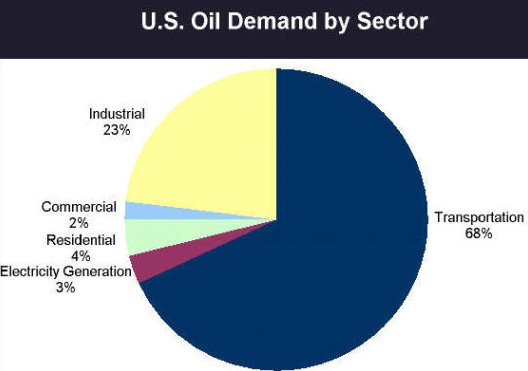AdamB wrote:StarvingLion wrote:My gripe with the supposed Peak Oil believers is that their analysis of the situation is so superficial that it is entirely worthless.
Mr Lion! Welcome back to our reality!!!!![3some [smilie=3some.gif]](https://peakoil.com/forums/images/smilies/3some.gif)
![3some [smilie=3some.gif]](https://peakoil.com/forums/images/smilies/3some.gif)
![3some [smilie=3some.gif]](https://peakoil.com/forums/images/smilies/3some.gif)
![3some [smilie=3some.gif]](https://peakoil.com/forums/images/smilies/3some.gif)
![3some [smilie=3some.gif]](https://peakoil.com/forums/images/smilies/3some.gif) StarvingLion wrote:But what really gets me frustrated is the wrong notion that Peak Oil is fundamentally a transportation problem.
StarvingLion wrote:But what really gets me frustrated is the wrong notion that Peak Oil is fundamentally a transportation problem.
Goodness, why would ANYONE think that!StarvingLion wrote: The academic system is a propaganda system that convinces people that their entire income is NOT dependent on a never ending input flow of oil.
Well, you have to admit that when THIS is what passes for an academic system in some places, there is a reason some might be clueless about...well...anything except knowing where the munchies are!
Oil doubles as an ATM cash machine, not only a means of transportation.
Electrification of transport does not replace oil as also a means of income.
There is no "renewables" age such as below:
Wood-->Coal-->Oil-->Solar + Wind + Hydro (Renewables)...Not possible
Neither is the Uranium Age possible:
Wood-->Coal-->Oil-->Uranium...Not possible
They cannot fund their own expansion.
Natural gas may allow a heavily privatized highly automated society to exist but certainly not the welfare state. In fact I doubt its possible at all.
There is nothing to fall back on either. Coal age...gone forever. Wood age...gone forever. There is no such thing as an electricity age based on solar and wind building solar and wind.
There is no oil money to fuel this machine as it is currently configured any longer. If the good high EROEI big oil fields no longer exist, then an immediate COLLAPSE is the only possible outcome because 95% of the people will have no income.










